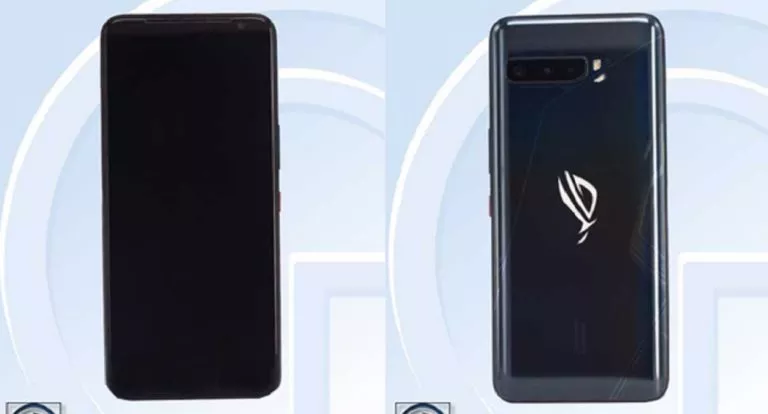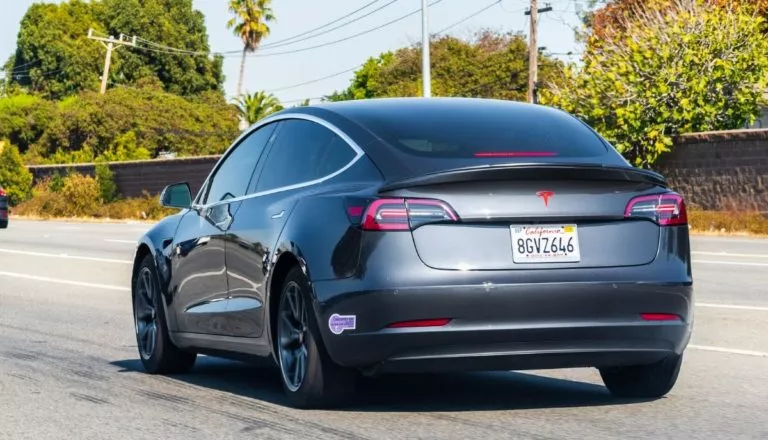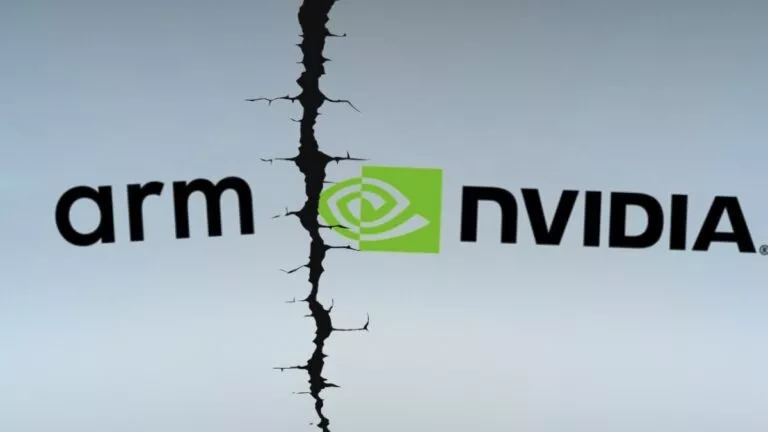Are Rivian R1T, Lucid Air Electric Efficient Compared To Tesla Model 3?

The Rivian R1T and Lucid Air are upcoming electric cars from new automakers, which claim to be as efficient as the Tesla Model 3. They don’t outright compare their cars’ mpge (miles per gallon equivalent) with Model 3, but they do try and market their electric vehicles on the topic of fuel efficiency, a genre in the EV space popularised by Tesla.
Before the first Tesla Model S came along and changed the EV landscape, it was quite hard to imagine having an EV with a usable range. However, times are changing. New players like Rivian and Lucid are entering the market with their own electric pickup trucks and luxury sedan.
Both of them claim a 400-miles EPA rating on a single charge in their top-end products. According to Elon Musk, Tesla Model X is also inching closer to the 400-mile mark. The upcoming Tesla Roadster will have a 600-mile EPA rating which rivals even the gas-powered cars.
So exactly how efficient are Rivian R1T and Lucid Air compared to The Tesla electric cars or specifically the Tesla Model 3? Here’s an analysis.
Rivian R1T And Lucid Air Electric Efficiency Compared With Tesla Model 3

An electric car like Tesla is determined not merely by how far it can go in a single charge. It is decided by the amount of charge is needed for the electric car to travel one kilometer of a mile. This charge is measured in Watt-hour/mile or Watt-hour/kilometer, depending upon where you live.
On average, the Tesla Model 3 uses 240-260 Wh/mile or 140-160 Wh/km. This number doesn’t mean anything on its own, so let’s compare it with another popular EV on the market. The MG ZS EV is an electric sub-compact SUV, which averages 145 Wh/km, despite the fact that it offers much less performance than a Model 3.
The MG ZS EV also weighs less than the Model 3. The former weighs about 1,539 kg while the latter is heavier at around 1,700 kg. So now you have an idea that the Model is highly efficient and powerful at the same time.
The Rivian R1T and the Lucid Air claim the same as well. The Lucid Air luxury electric sedan has a range of 650 km or 400 miles and an average efficiency of 4 miles/kWh, which equals 250 wh/mile, so basically, we are in the territory of Tesla Model 3.
However, Peter Rawlinson, who has worked on Tesla Model S before, states that his real aim is to achieve an efficiency of 5 miles/kWh or around 200 Wh/mile or 124 Wh/mile. Remember that this level of efficiency will be achieved by making no compromise on the performance.
When talking about the Rivian R1T electric pickup, we can get 400 miles of range using a 180 kWh battery pack. This means the pickup truck is using 45 kWh of charge to go 100 miles, which means the average fuel efficiency of Rivian R1T is 450 Wh/mile or 280 Wh/km.
Because Rivian R1T has a curb weight of about 2,670 kg or 5886 pounds, its direct comparison with the Model 3 or Lucid isn’t actually justified. We need to compare the Rivian R1T with a similar-sized SUV or truck.
The Tesla Model X P100D with a weight of 5,331 pounds or 2509 kg is almost similar to the Rivian R1T. Interestingly the Model X, although quite efficient than the current SUVs on the market like the Audi e-Tron, is barely able to win over Rivian R1T.
According to InsideEVs, the Model X P100D with 21-inch wheels uses 427 Wh/mile or 265 Wh/km of charge. It is comparable to the much larger Rivian R1T electric pickup. However, this consumption comes down quite a bit as the Model X can travel 305 miles instead of just 270, which it did before.
Is Tesla’s Reign Ending?
The short answer is no. Becoming a successful EV brand depends a lot upon not just making a good electric car but also developing the surrounding infrastructure. Tesla has already installed 15,000 chargers by December 2019, and that number continues to grow.
Furthermore, in April this year, Tesla is also expected to reveal new battery tech during the “Battery Investor Day.” During the Q4 earnings call, Elon Musk himself confirmed that they have been researching tirelessly into new battery technologies. They said that “we are super deep into batteries, as deep as the rabbit hole goes.”
Tesla hasn’t made any exciting new battery tech announcement after its acquisition of Maxwell technologies. So expect some big Tesla battery news in April.
Therefore the long answer is also ‘no.’
But do expect the EV market in 2020 to be dominated by several new players other than Tesla. Lucid Air and Rivian R1T are niche products and expected to pull in sales figures in their respective domain.
However, don’t expect any of them to come close to the might of Tesla Model 3. They won’t. Frankly, even Rivian and Lucid aren’t aiming for that.






